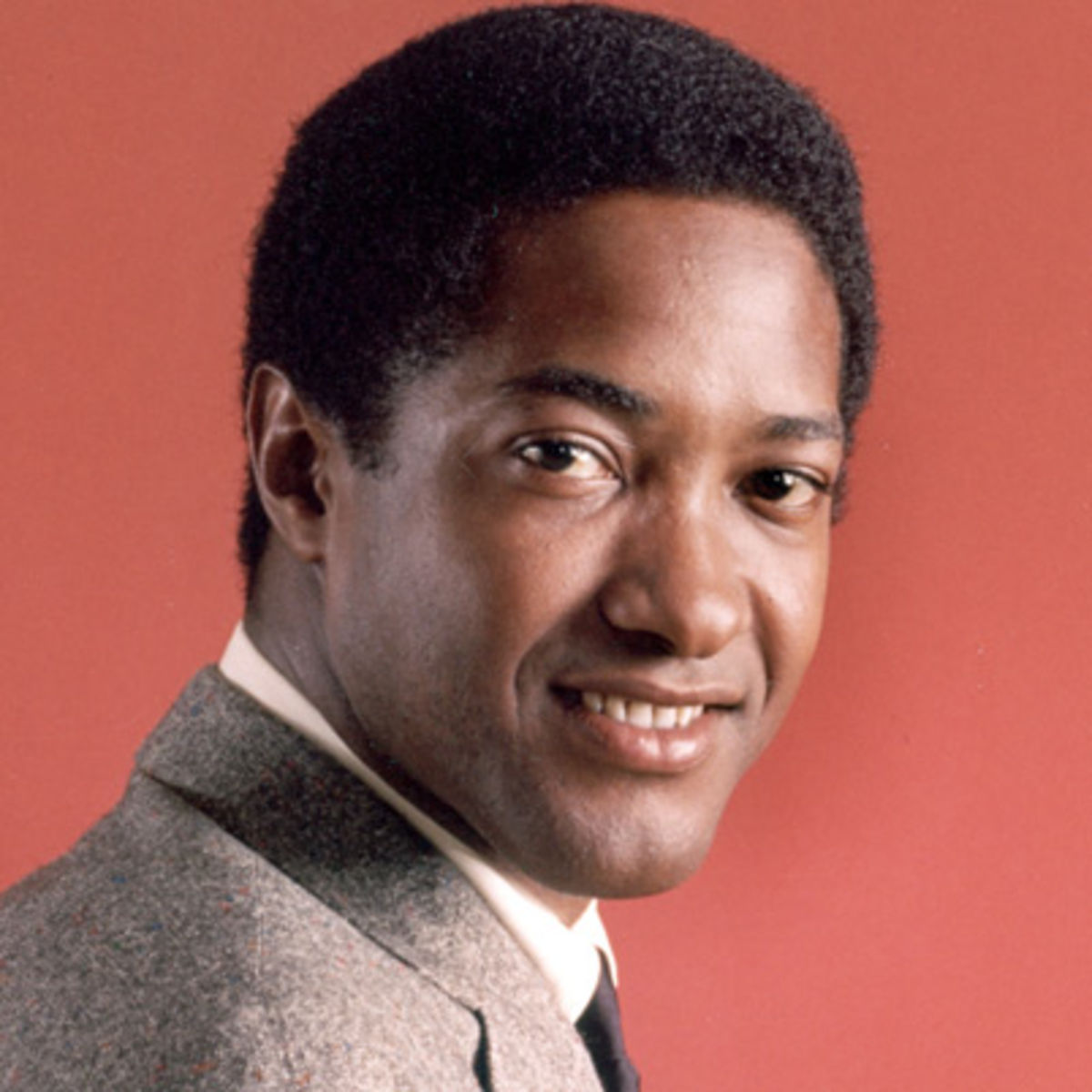 “Lady, you shot me,” are the reported last words of soul singer Sam Cooke, who died under disputed and suspicious circumstances in the Hacienda Motel in Los Angeles. It was a truly tragic end to a career bursting with promise as as a singer, songwriter, producer, song publisher, record company executive and more.
“Lady, you shot me,” are the reported last words of soul singer Sam Cooke, who died under disputed and suspicious circumstances in the Hacienda Motel in Los Angeles. It was a truly tragic end to a career bursting with promise as as a singer, songwriter, producer, song publisher, record company executive and more.
Cooke first came to renown as the singer in the Chicago-based gospel group the Soul Stirrers, but had considerable ambitions in secular music. His first non-spiritual recordings with Specialty Records failed to hit. But in 1957, “You Send Me” hit #1 on the R&B and pop charts, topping the former for six and spending three atop the Billboard pop chart. It signaled the beginning of a string of classic hits like “Chain Gang,” “Cupid,” “Bring it on Home to Me,” “Another Saturday Night,” “Wonderful World” and “Twistin’ the Night Away.” Cooke would earn 16 Top 20 pop hits.
As savvy in business as he was in singing his songs, Cooke also set up his own management, publishing and record company, retaining a rare degree of control over his songs and recordings for an artist of that day.
On the evening of December 11, 1964, Cooke checked into the Hacienda Motel with a young woman, Elisa Boyer. An agitated Cooke showed up later at the office of the hotel wearing only a sport coat and shoes, demanding to know Boyer’s whereabouts from hotel manager Bertha Franklin. What followed has been in dispute. Franklin claimed that Cooke broke into her office, threatened her and that she shot the singer in self-defense.
Boyer later said that Cooke had kidnapped and intended to rape her. She claimed that she had fled the hotel room and mistakenly grabbed most of his clothes when Cooke went into the bathroom.
Though both women’s accounts of the evening were considered questionable and inconsistent, it remains the official ruling on Cooke’s death at age 33.
The song “A Change is Gonna Come,” released shortly after his death, became an anthem of the 1960s Civil Rights movement.
Related: Sam Cooke by those who knew him


1 Comment
I forget which book I read the story in, but it goes: Sam picked up the woman, SHE picked the motel. Later, Sam was missing his items and went to the manager, who shot him. The suggestion was that this was a typical set-up between the women.
Under “collateral damage”, you might find Bobby Womack, who married Sam’s widow, for which he was vilified. A few years later . . . she shot him.